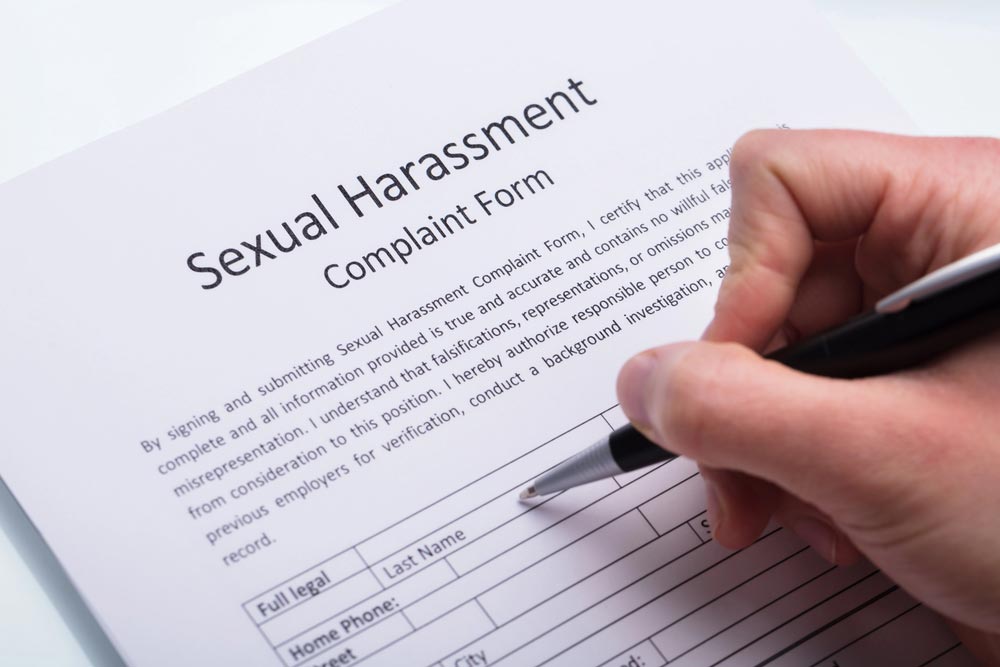If you have been accused of discrimination in the workplace, you’re understandably upset. This kind of accusation can have an adverse effect on your career prospects, job security, and reputation. Most employers are familiar with Title VII of the Civil Rights Act of 1964, which prohibits discrimination and harassment against employees because of various characteristics (such as race, sex, nationality, and ethnicity). But many employers aren’t aware that it has anti-retaliation provisions. According to this provision, no employer can take negative action against an employee because he or she filed a complaint (even if the allegations of discrimination or harassment don’t have any merit).

What is Workplace Discrimination?
Workplace discrimination takes place when an employee doesn’t receive fair treatment because of his or her legally protected status. If someone doesn’t get a promotion at work because of his or her race or gender, it would be considered discrimination. Another example of workplace discrimination would be in a situation where someone wasn’t hired because of his or her race.
Employers aren’t legally allowed to discriminate in the workplace, but not everything is protected. If someone wasn’t hired for a job because he or she was using profanity during the interview, it wouldn’t be considered discrimination. If the manager didn’t like the language used by the applicant, he or she has the right not to hire that person (even if the applicant is qualified to do the job). If an employee was fired from a job because the employer found out he or she had tattoos that violated the company’s dress code, that person has the right to do so.
How Can a Workplace Discrimination Case Affect You?
If you have been accused of violating an employee’s civil rights, it can hurt your business in the following ways:
- Reputation — Workplace discrimination cases can damage your business’s reputation, which can make it hard for you to hire employees. It can also damage your relationship with business partners. It can even tarnish your brand.
- Financial Costs — Losing a discrimination case can cause you to pay court fees, settlement costs, or damages. You may also have to deal with other financial consequences. People could avoid doing business with you because of your damaged reputation.
- Job Security — You could lose your job because of a discrimination accusation, and it may be harder for you to find a job at another company.
A workplace discrimination case can also affect how others view you, which can affect your career and your life in general.
How Can You Avoid Being Accused of Workplace Discrimination?
Because of the consequences, being nervous about the possible accusation of workplace discrimination or harassment is understandable. These types of allegations can not only create friction within your business but can also be grounds for a state investigation (which can cost you a fortune in legal fees). But if you implement a careful set of tactics to take care of it, you can minimize the possibility of legal consequences.
You want to keep an open mind by investigating each complaint you receive. Not looking at an accusation or believing it can’t be true will leave you on the wrong side of the law. You can start by interviewing both the accuser and the accused to determine what was said or done, but make sure you write down every detail because it can help you avoid a number of legal complications later on.
What Happens if You’re Accused of Workplace Discrimination?
Just because someone accuses you of discrimination, it doesn’t mean it’s true. Some cases get dismissed because there isn’t enough evidence, while others can be settled out of court. Even if your case goes to court, you may not get a ruling that works in your favor.
Whether you’re an employer or manager at an organization, you have legal options once you have been accused of workplace discrimination. A qualified attorney can help you understand the law, your rights, and any possible outcomes of a legal dispute.
A lawyer can help you by doing any of the following:
- Analyze your cases by examining all the evidence and details.
- Decide if there’s a case and determine the best course of action.
- Gather evidence to support your case (which may include interviewing witnesses).
- Advise you of your rights and discuss your legal options.
- Help you file and handle legal paperwork and related requests.
- Handle court proceedings if your case goes to court.
Not only are there laws that regulate discrimination at work, but there are also rules about the timeline for filing a discrimination complaint. An employee usually has 180 days to file a discrimination case. So if you have been accused of workplace discrimination and the employee waited too long to file, that person may not have a case. If you’re looking for an attorney in Corpus Christi who understands Texas discrimination laws, be sure to reach out to Gale Law Group.
